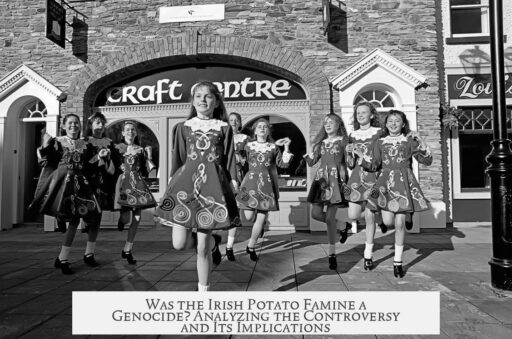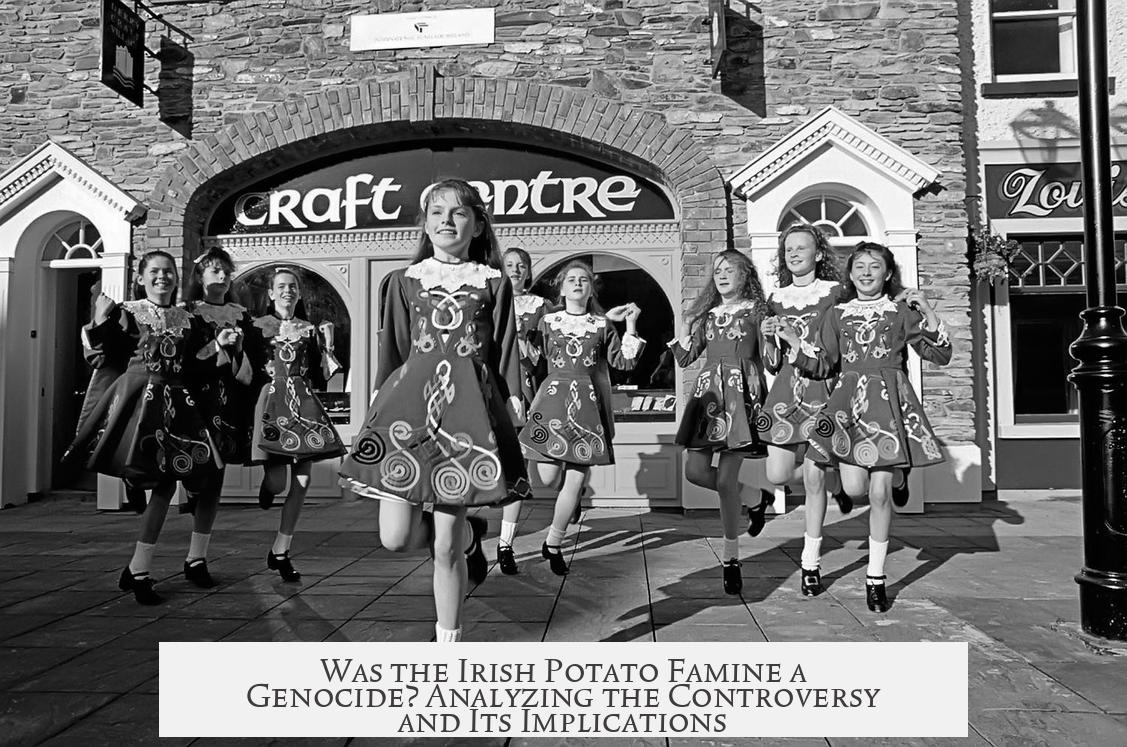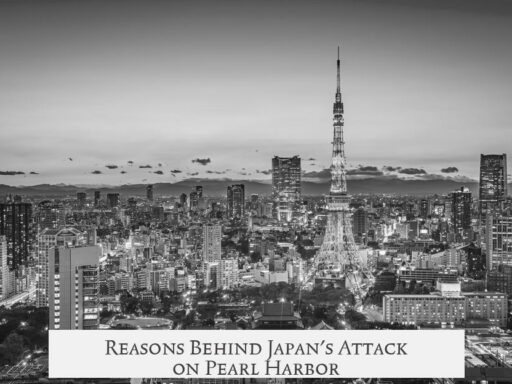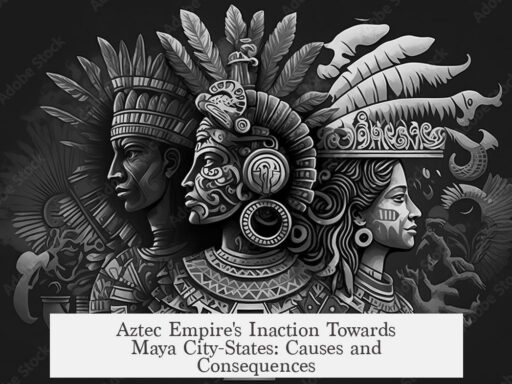The claim that the Irish Potato Famine was a genocide is largely inaccurate when measured against the accepted definition of genocide. The famine’s devastating death toll resulted from a natural agricultural disaster exacerbated by political and economic failures, rather than any explicit intention to destroy the Irish people.
Genocide, as defined by the 1948 United Nations General Assembly Resolution 26, requires a deliberate intent to destroy, wholly or partially, a national, ethnic, racial, or religious group. This legal and moral definition involves purposeful acts to eradicate a people. The Irish Potato Famine, while caused and worsened by British policies and prejudices, does not meet this threshold of intent.
The famine began primarily because of potato blight, a natural biological catastrophe that destroyed the staple crop of Ireland’s poor population. Potato monoculture left the Irish vulnerable to such shock. About 90% of the crop was destroyed, causing widespread starvation. However, the blight itself was a natural event, not a planned attack.
The root problem emerged from a system marked by political and economic rigidity. British governance in Ireland imposed policies that prioritized market forces and landlord interests over humanitarian relief. The Corn Laws, which kept grain prices artificially high, and landlord exploitation meant that despite widespread starvation, food continued to be exported or was priced beyond the reach of the poor.
Economist Amartya Sen’s famine analysis is relevant here. Sen argues that famines in modern history result not simply from natural disasters but from political failures. His research shows that famines do not occur in functioning democracies with free presses. The British government’s laissez-faire ideology and prejudice against the Irish contributed to a slow and inadequate response. Relief efforts were limited due to beliefs that markets would self-correct and a disdain for the Irish poor. These factors intensified the suffering but stopped short of an orchestrated campaign to exterminate the population.
Historians widely agree the British government’s actions during the famine were callous and ineffective. Initial relief programs were radical for their era but shifted to minimal intervention due to ideological and political pressures. Fatalistic attitudes also emerged among officials, who sometimes regarded the famine as a form of natural population control. Despite these attitudes, there was no official policy to deliberately kill the Irish.
Calling the famine “genocide” is often a political statement rather than a legal or historically precise one. It highlights grievances and injustices but risks oversimplifying a complex tragedy marked by a mixture of natural disaster, systemic exploitation, and political neglect. Some commentators argue that the debate over genocide status is largely unhelpful because it frames the famine in an overly moralistic lens rather than encouraging nuanced understanding and accountability.
The Irish famine was one of the great tragedies of 19th-century Europe. In addition to the natural catastrophe, Ireland’s agricultural dependence on a single crop was a critical vulnerability. The blight also affected other European regions, like Belgium and northern France, but these areas had greater agricultural diversity and local powers that mitigated the crisis. Ireland’s political and economic isolation, combined with British misgovernance, made the famine more severe.
While the famine resulted in mass death and continuing Irish suffering, it is best described as a politically-induced famine rather than genocide. It was a result of systemic failure rather than a coordinated effort to annihilate a population. This distinction matters when assessing responsibility and crafting historical memory.
- Genocide requires deliberate intent to destroy a group; the famine lacks evidence of such intent.
- Potato blight was the natural trigger, exposing pre-existing political and economic weaknesses.
- British policies like the Corn Laws and laissez-faire ideology worsened the crisis.
- Relief efforts were inadequate and shaped by prejudice but not aimed at extermination.
- Famine often arises from governance failures more than natural disasters.
- Labeling the famine as genocide remains politically charged and contested.




